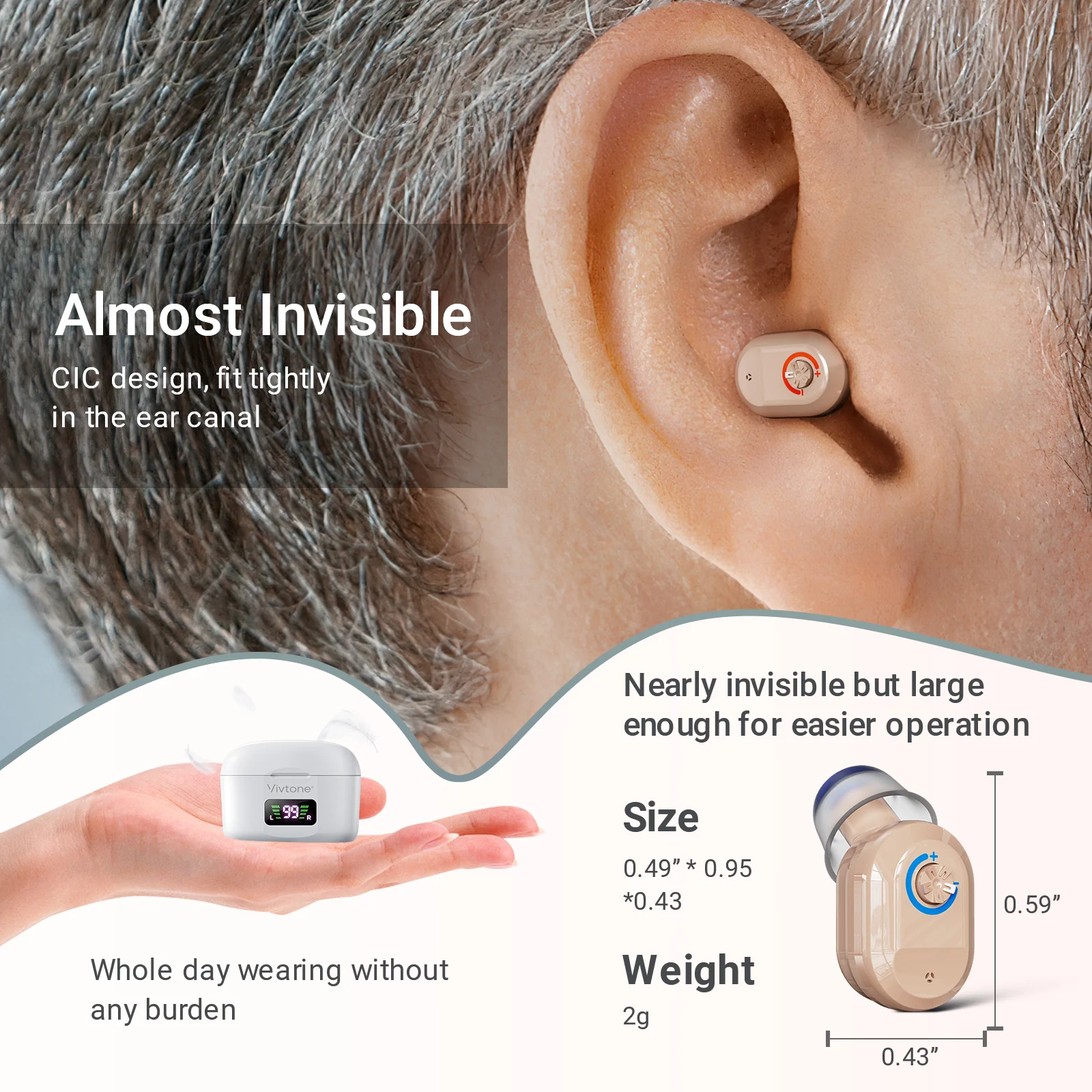As technology continues to advance, the landscape of hearing aid devices is evolving rapidly. One of the most significant developments in recent years is the rise of over-the-counter (OTC) hearing aid devices. These innovative products are changing the way people with hearing loss access and use hearing assistance technology.

Understanding OTC Hearing Aid Devices
OTC hearing aid devices are designed to be easily accessible to consumers without the need for a prescription or professional fitting. This accessibility allows individuals to take control of their hearing health and address mild to moderate hearing loss on their terms. The convenience and affordability of OTC devices make them an attractive option for many people.
The Benefits of OTC Hearing Aid Devices
One of the key benefits of OTC hearing aid devices is the ability to customize the settings to suit individual needs. Users can adjust volume levels, frequencies, and other parameters to optimize their listening experience. Additionally, OTC devices are often more affordable than traditional hearing aids, making them a cost-effective solution for those on a budget.
Challenges and Considerations
While OTC hearing aid devices offer many advantages, there are also some challenges to consider. It is essential for users to have realistic expectations about the capabilities of these devices, as they may not provide the same level of performance as custom-fitted hearing aids. Additionally, individuals with severe hearing loss or other underlying medical conditions should consult with a healthcare professional before using an OTC device.
In conclusion, the rise of over-the-counter hearing aid devices is revolutionizing the way people approach hearing loss treatment. These remarkable devices offer a convenient, affordable, and customizable solution for individuals looking to improve their hearing health. By understanding the benefits and limitations of OTC devices, consumers can make informed decisions about their hearing care.








